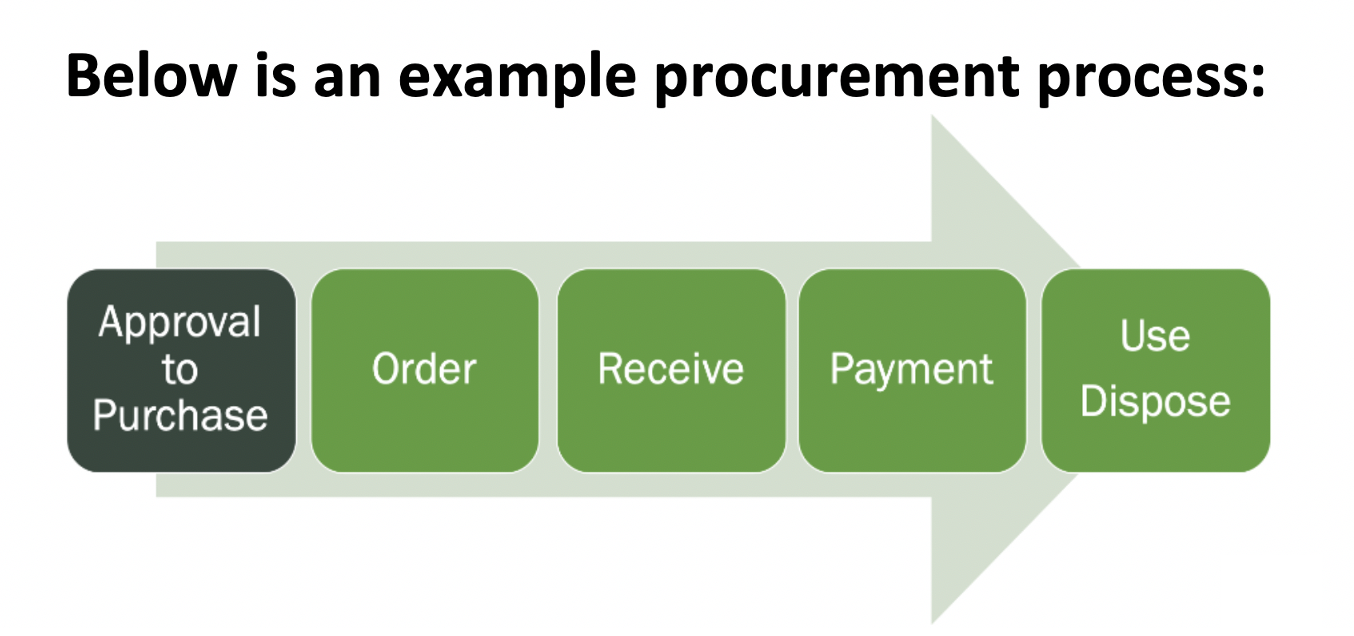EDGAR Allowable Costs and Procurement
In order to run a school system, you have to make purchases. There is a great deal of responsibility involved to make sure funding intended for the students is regulated with care. An added layer of review is necessary when these purchases involve federal grant funds.
Some charter districts are a one-man or two-man operation, so it’s even more important that all checks and balances are followed. With so many laws to follow, it’s easy to bypass the importance of even one of the most basic but required questions; such as, “Does your charter school require a second signature on purchases?” or “When does the bidding process (board approval) become effective when I’m making a purchase?”
The second part of the EDGAR training series focuses on the procedures that must be followed to make sure purchases are allowable for the federal grant and the required procurement processes take place prior to the purchase.
Purchasing with Federal Funds
When using federal funds, open-enrollment charter schools are subject to procurement standards generally applicable to ISD’s. Consequently, charter schools are subjected to federal regulations published in Title 2 CFR Chapter 200.
When in doubt about which rule, state law or federal policy to follow, the charter school must adhere to the more restrictive policy or requirement if federal funds are involved. The Education Department General Administrative Regulations (EDGAR) indicates you must follow the more restrictive requirement in order to be allowable under Federal Awards:
- The application of these cost principles should require no significant changes in the internal accounting policies and practices of the non-Federal entity. However, the accounting practices of the non-Federal entity must be consistent with these cost principles and support the accumulation of costs as required by the principles, and must provide for adequate documentation to support costs charged to the Federal award. (CFR 200.400d)
Allowable Costs
First and foremost, a purchase must be included in the current version of the grant to be allowable. The purchase must be based on a need that is addressed in the District or Campus Improvement Plan. This will show that a purchase is necessary. Next, the documentation must show the purchase is reasonable. This mostly has to do with paying a fair price for the product or service, and it does not cost more than the benefit. Lastly, the purchase must be allocable. The purchase must support a federal activity that is supported by the grant’s intended purpose.
It is imperative that an approval process involving more than one person must be documented to determine necessary, reasonable, and allocable prior to the purchase. This process will be written into your federal Administrative Procedures Manual (APM).
The Procurement Process
A charter should strive to maximize the efficiency of its purchasing function. It should make every effort to reduce errors and streamline the process to obtain goods and services in a timely manner.
The Purchase Order (PO) is the initial step and serves as a formal order for goods and services from a vendor. A purchase order, once approved, is a binding commitment for a school to remit payment to the vendor after the item(s) and an invoice is received by the charter school.

Each one of these steps is surrounded by policies, procedures, forms, ethics and integrity.
For federal purchases, it must be determined if the purchasing method falls under micro-purchase limits, a small purchase (three quotes required), competitive bidding for large purchases, or meets the criteria for a “sole source” vendor (rare).
Compliance with purchasing laws and guidelines is the responsibility of every school employee that authorizes the expenditures of district funds to purchase goods or services. In every charter district, there will be times when policies and/or procedures are not followed for one reason or another. To prepare for these instances, the charter should make sure to address the consequences of making purchases outside of approved guidelines in the fiscal manual or in the charter school’s purchasing or procurement policies. For these reasons, training of staff is highly important, and should be well documented.
Need help?
Please contact Charter School Success:
Sharon Benka sbenka@charterschoolsuccess.com
Have questions?
Ask questions, get answers, and discuss this topic on the Charter School Community Roundtable now.
